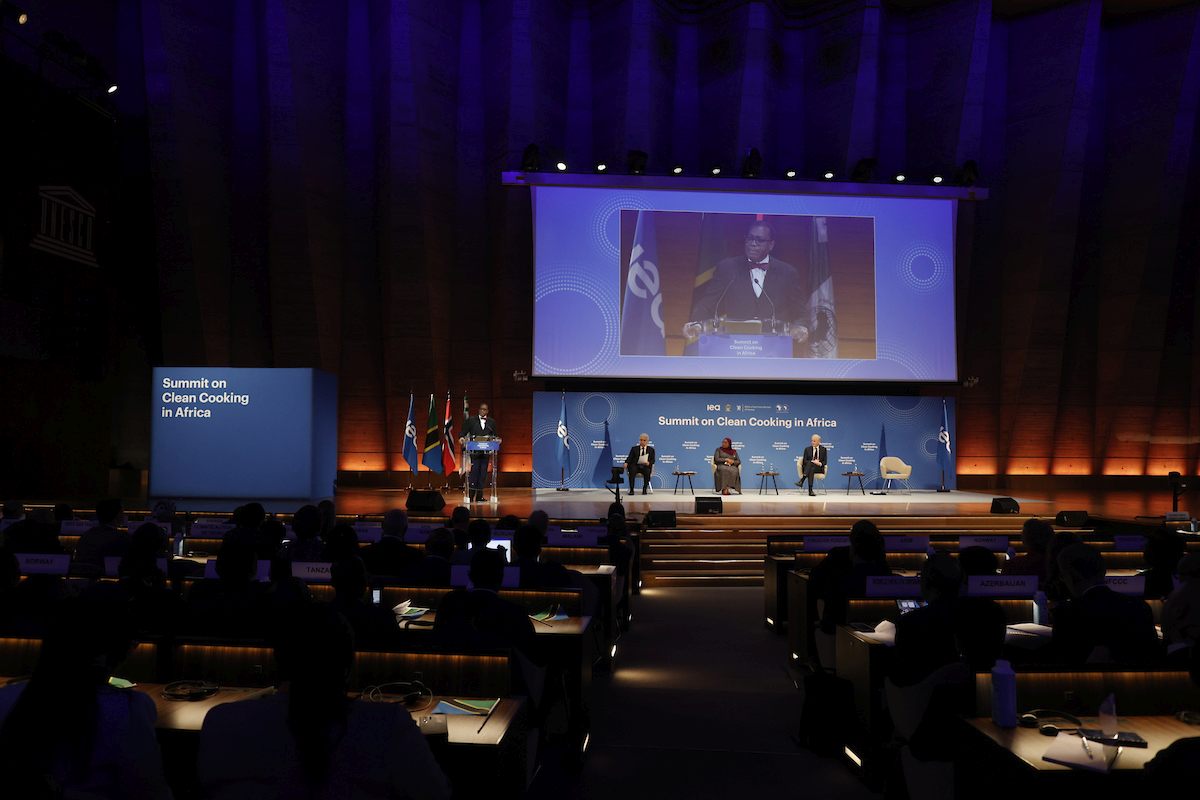
PARIS (FRANCE) (ITALPRESS/MNA) – Eni relaunches its commitment to promoting improved cooking systems on the occasion of the “Summit on Clean Cooking in Africa” organized by the International Energy Agency (IEA). Eni has also joined the “Clean Cooking Declaration: Making 2024 the pivotal year for Clean Cooking” to accelerate universal access to more modern cooking systems, essential to ensure everyone has access to economical, reliable and sustainable energy systems, as set out in the United Nations Sustainable Development Goal 7. The declaration was signed by governments, the private sector, international organizations and civil society who attended the Summit in Paris.
According to the International Energy Agency, around 1 billion people in Africa still cook their meals with basic cooking systems, breathing the noxious smoke released by combustion. The lack of access to Clean Cooking systems has significant health, social, economic and environmental impacts, and contributes to 3.7 million premature deaths every year, especially to the detriment of women and children.
With this membership, Eni is committed to continuing to promote access to more modern cooking systems in Africa, which can bring benefits in terms of health, productivity, gender equality, forest conservation, biodiversity and emissions reduction.
Eni launched a large Clean Cooking program in 2018 which to date already involves around 500,000 people in Congo, Ivory Coast, Mozambique, Rwanda and Angola, and on the occasion of the Summit has set itself the objective of achieving 10 million across sub-Saharan Africa by 2027. Furthermore, Eni intends to encourage the transition from improved solutions, which guarantee a reduction of over 60% in woody biomass, to advanced solutions, which are characterized by the total reduction of use of unsustainable biomass derived from trees. With this evolution the goal is to reach 20 million people by 2030, with an expense of 300 million dollars.
– Photo IEA –
(ITALPRESS).







